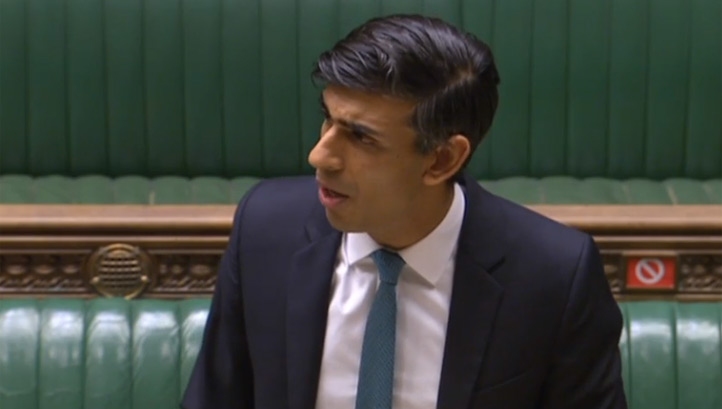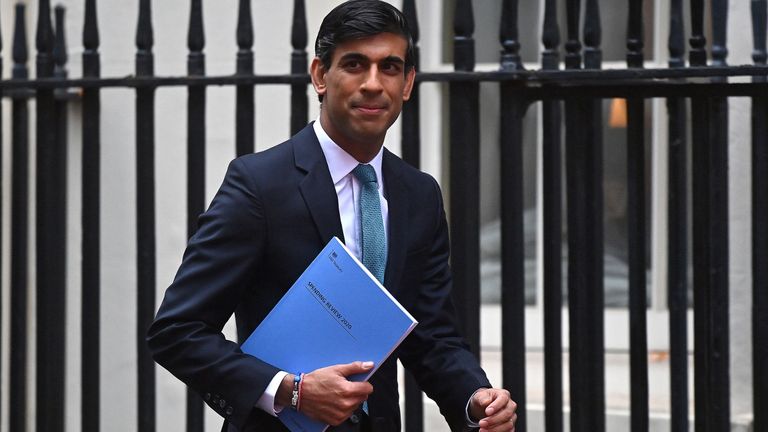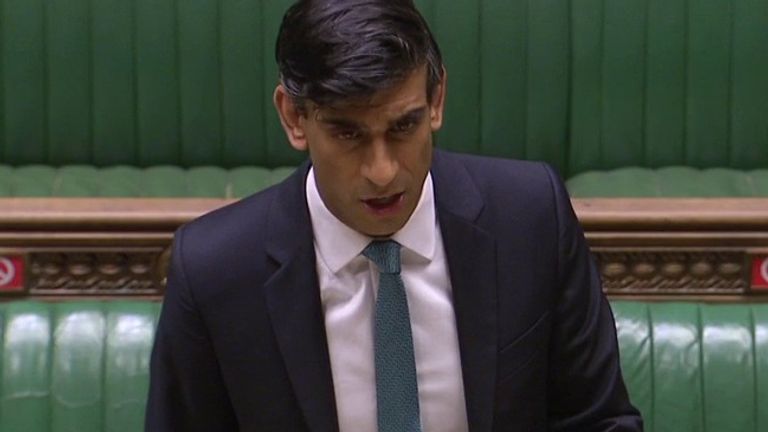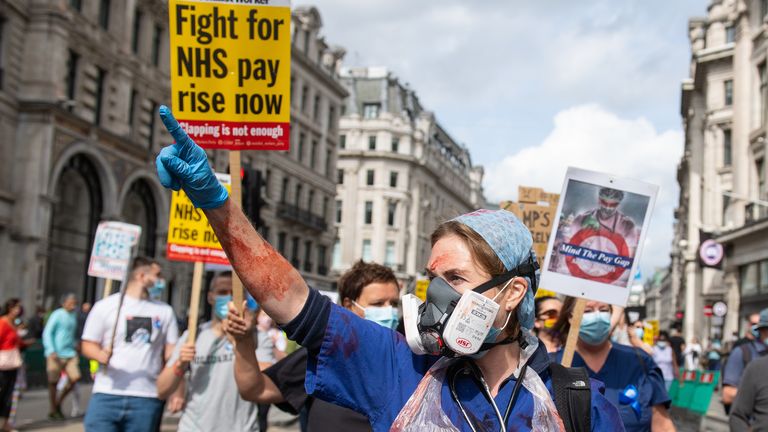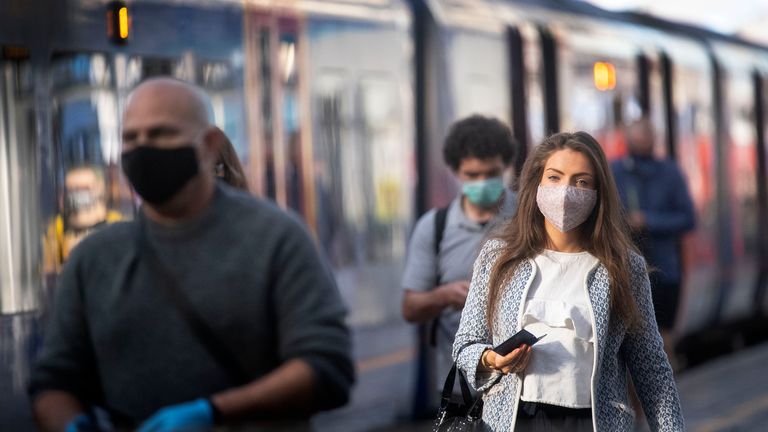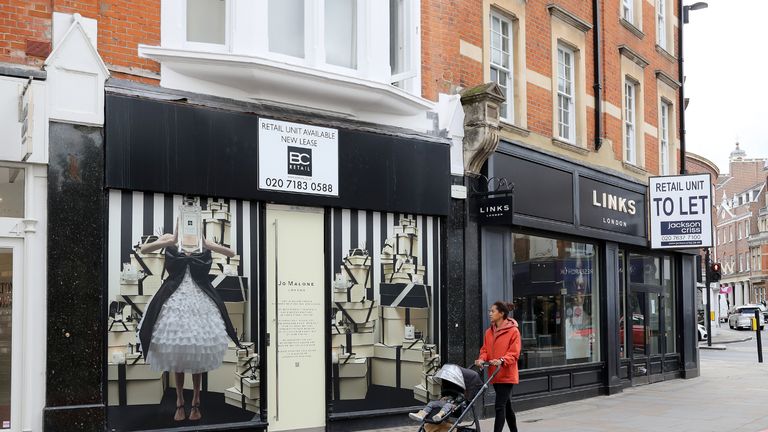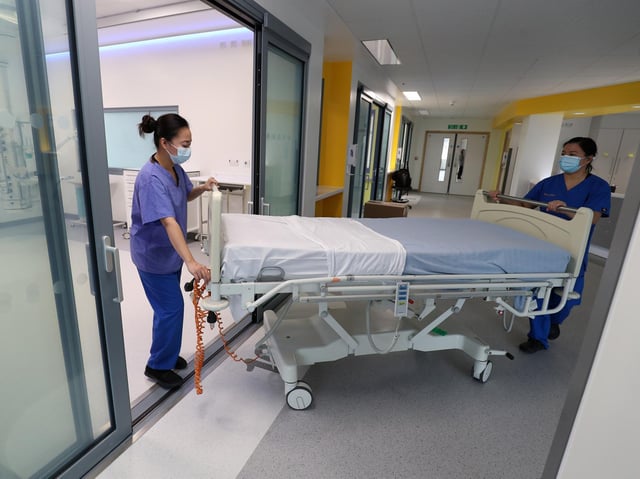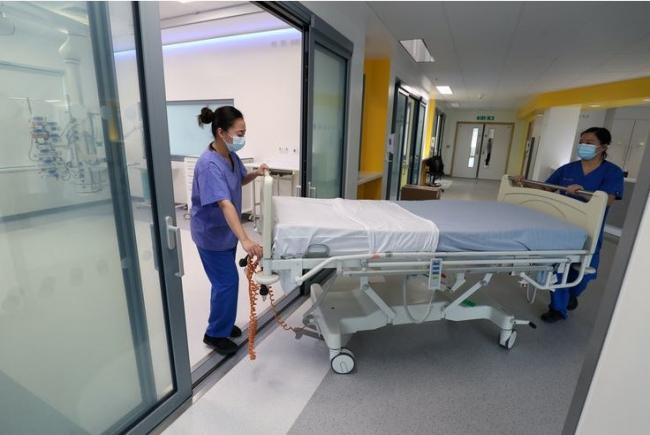
PUBLISHED NOV 25, 2020
WASHINGTON (NYTIMES) - As the coronavirus swept across the world, it picked up random alterations to its genetic sequence. Like meaningless typos in a script, most of those mutations made no difference in how the virus behaved.
But one mutation near the beginning of the pandemic did make a difference, multiple new findings suggest, helping the virus spread more easily from person to person and making the pandemic harder to stop.
The mutation, known as 614G, was first spotted in eastern China in January and then spread quickly throughout Europe and New York City. Within months, the variant took over much of the world, displacing other variants.
For months, scientists have been fiercely debating why. Researchers at Los Alamos National Laboratory argued in May that the variant had probably evolved the ability to infect people more efficiently.
Many were sceptical, arguing that the variant may have been simply lucky, appearing more often by chance in large epidemics, like Northern Italy's, that seeded outbreaks elsewhere.
But a host of new research - including close genetic analysis of outbreaks and lab work with hamsters and human lung tissue - has supported the view that the mutated virus did in fact have a distinct advantage, infecting people more easily than the original variant detected in Wuhan, China.
There is no evidence that a coronavirus with the 614G mutation causes more severe symptoms, kills more people or complicates the development of vaccines. Nor do the findings change the reality that places that quickly and aggressively enacted lockdowns and encouraged measures like social distancing and masks have fared far better than the those that did not.
But the subtle change in the virus's genome appears to have had a big ripple effect, said David Engelthaler, a geneticist at the Translational Genomics Research Institute in Arizona.
"When all is said and done, it could be that this mutation is what made the pandemic," he said.
The first outbreaks of the virus would have spread around the world even without the mutation, believe most researchers, including Engelthaler. The original variant spotted in Wuhan in late 2019 was already highly contagious, he said. But the mutation appears to have made the pandemic spread farther and faster than it would have without it.
One study found that outbreaks in communities in the United Kingdom grew faster when seeded by the 614G variant than when seeded by its Wuhan ancestor. Another reported that hamsters infected each other more quickly when exposed to the variant. And in a third, the variant infected human bronchial and nasal tissue in a cell-culture dish far more efficiently than its ancestor.
Kristian Andersen, a geneticist at Scripps Research, La Jolla, said the research did show that the variant is more transmissible, but he believes the difference is subtle.
Even so, Andersen said that the variant's higher transmissibility could help explain why some countries that were initially successful in containing the virus became susceptible to it later. The virus may have been "harder to contain than the first time around," he said.
"What you used to do may not be quite enough to control it," Andersen said. "Don't necessarily expect that the enemy of two months ago is the enemy you have the next time."
Around the world, the emergence of 614G has generated both serious scientific debate and largely political blame dodging. Government officials in Vietnam and Thailand, which fared well in containing the ancestral strain despite an influx of Chinese visitors early in the year, have suggested that the later outbreaks may have been partly the result of the 614G virus.
"We have seen several countries, like Vietnam, South Korea and Japan, that seemed to have it under control," Thira said. "But then there was a second wave."
In Vietnam, he said, the virus with the 614G mutation was first confirmed in the central coastal city of Danang after about 100 days with no reported cases of local transmission. An outbreak quickly spread to 10 cities and provinces. In Singapore, he said, the mutated virus spread in crowded dormitories for migrant workers.
"When the mutated virus lives in big groups, it spreads faster and makes it much more difficult to control," he said.
Mutation in new coronavirus increases chance of infection: Study
Coronavirus microsite: Get latest updates, videos and graphics
But other researchers said that a lack of proper containment measures, not the mutation, is largely to blame for resurgent outbreaks.
"The reason this is spreading is people are not having enough measures in place," said Kari Stefansson, founder and chief executive of deCODE Genetics, a leading genome analysis firm based in Iceland.
"It seems like extraordinarily poor politics to blame the inadequacies on the virus. They should be picking on someone their own size, not this tiny virus."
In one of the new studies, a British team of researchers had an advantage shared by no one else: They were able to draw upon the largest national database of coronavirus genome sequences in the world. The researchers collected new evidence that, at least in the United Kingdom, the variant took over because it indeed spreads faster.
"When we look at clusters, the G variant grows more quickly," said Erik M. Volz, a researcher at the Medical Research Council Center for Global Infectious Disease Analysis at Imperial College London and the leader of the study.
The data collected by the Covid-19 Genomics UK Consortium allowed the team to observe the growth of infected clusters as a kind of horse race. Side by side, did clusters of 614G infections grow faster than infections involving the ancestral variant?
The 614G variant clearly won the race, the analysis found. The precise rate remains uncertain, but the most likely value gives 614G roughly a 20 per cent advantage in its exponential rate of growth.
The virus will continue to change, and while most of those changes will be mere typos, some may be more meaningful, Engelthaler said.





